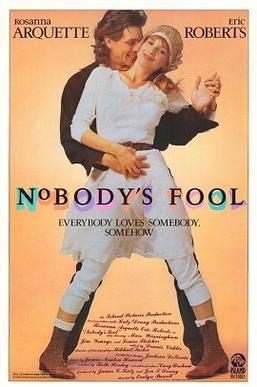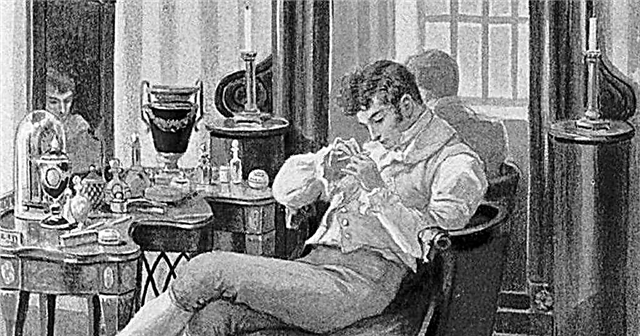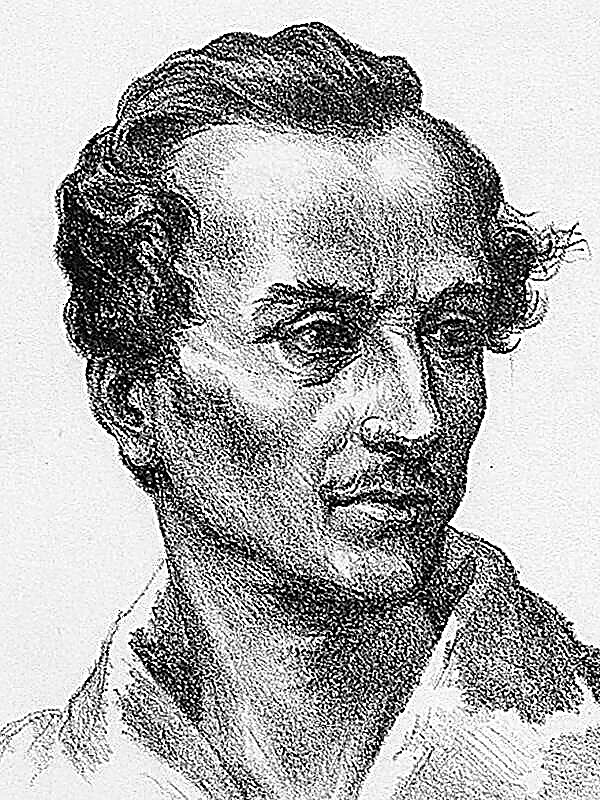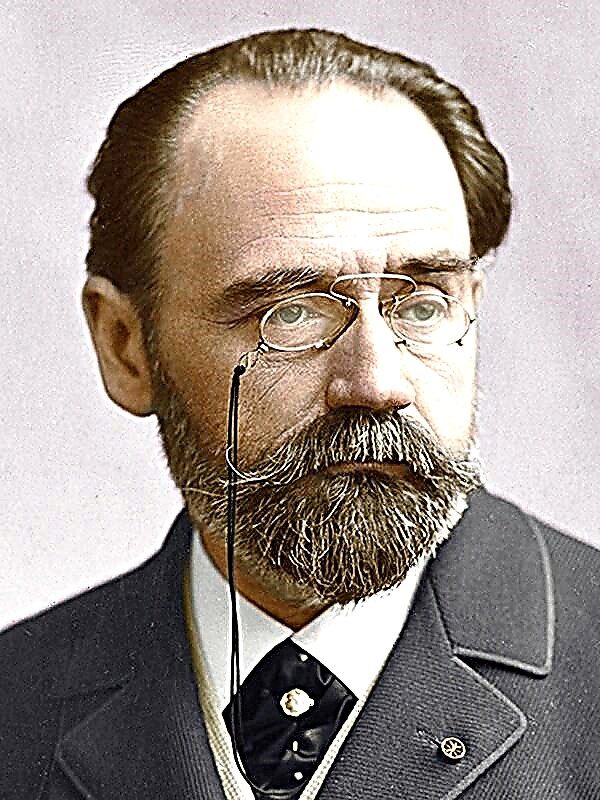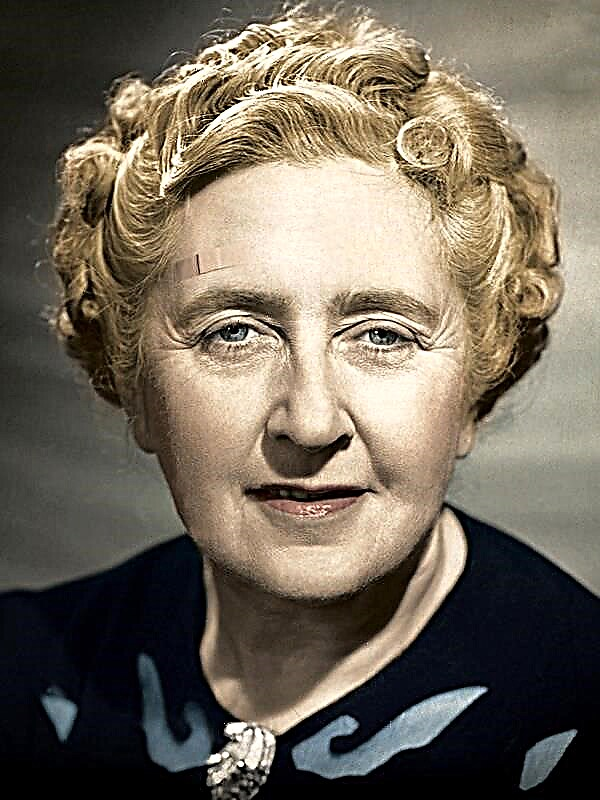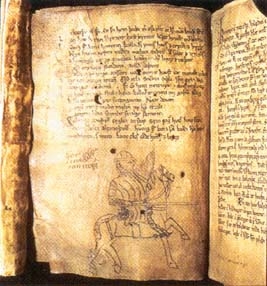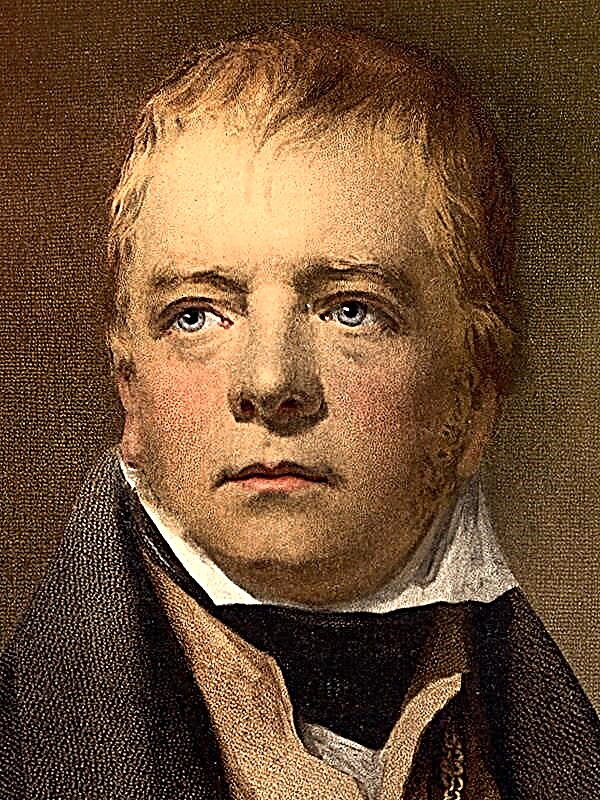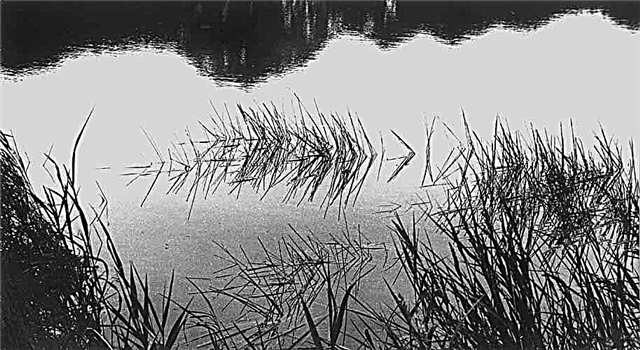Share
Pin
Tweet
Send
Share
Send
Sergei Yesenin is one of the founders of the peasant trend in Russian literature. In his work, one can single out love lyrics, where the theme of the Motherland and the theme of nature are closely intertwined, where philosophical motives are strong. However, many of his poems are devoted to the theme of war, which he saw with his own eyes. We decided to list them in one selection.
- "Mother's Prayer". The most popular and memorable poem of the poet about the war. The reader feels the sorrow of the mother, who is worried about her warrior son. This work can rightfully be considered one of the most insightful on the topic of motherly love, not only in the work of Esenin himself, but also in the entire treasury of Russian literature. Read the text of the verse ...
- "Memory". The name of the poem speaks for itself: Yesenin recalls a terrible event in the life of his people - the October Revolution of 1917. Before the eyes of the poet arises a "clouded Petrograd", he feels anxiety for the future of his fellow citizens. No wonder many believe that a civil war can be worse than a struggle between different states, because this is a split within a single people. Read the text of the verse ...
- "Country of villains". This Yesenin poem is also devoted to the topic of civil war. At that time, Russia was going through a transitional period that contributed to the pluralism of public opinion. The poet shows many interesting personalities born of the revolution: this is the bandit anarchist Nomakh, the volunteer sympathizing with the Communists Zamarashkin, and the Bolshevik commissar Chekistov. Everyone has their own view on the development of the fatherland, but all in reality are, unfortunately, villains. Read the text of the verse ...
- "Belgium". One of the most optimistic poems of the poet about the country that suffered the war. Esenin’s admiration for Belgium is felt: even though she is defeated, she’s “not a slave”, her “soul”, even in the light of past troubles, is still “pure as snow”. In the poet’s work there are similar works on the subject “Greece” and “Poland”. The first country beckons Yesenin with its story: the mythical characters Achilles and Hector are mentioned, the reader sees Troy defeated. He called the second country “a good dream,” the poet believes in her victory over the bloody captivity. However, it is in “Belgium” that worship of a proud power is felt: it is called “brave”, and its spirit is “free” and “powerful”. Read the text of the verse ...
- "A ballad of twenty-six." It is dedicated to the sixth anniversary of the execution of Baku commissars. Again, in the work of Yesenin, the sinister 1918 rises - the year of bloody rebellion, atrocities and innocent victims. The poet addresses the artist Yakulov, the author of the project of the monument to 26 Baku commissars in the capital of Azerbaijan. The refrain repeats the lines of terrible injustice - “26 of them were. 26. Their graves cannot be filled with sand. ” It is noteworthy that, according to eyewitness P.I. Chagin, the ballad was written in one night. Read the text of the verse ...
- "Heroic whistle." Even in Yesenin’s military poems, his love of nature is clearly visible. In the poem "Heroic Whistle" the image of oak is especially interesting: it is with its help that the poet wants to show the power, strength, and unwaveringness of the Russian people. This work can be put on a par with folk songs or Russian epics. Read the text of the verse ...
- "Patterns." The image of the beloved, yearning for her chosen front-line soldier - is one of the most striking in the history of literature during the war. A lot of songs have been written about the feelings of the woman remaining in the rear, almost all authors sing love. Yesenin's “Patterns” are no exception. The girl embroiders in the room at midnight, and on her canvas are the fallen on the battlefield, including her chosen one. She can not hold back her tears and in the dark she reminds a ghost. Read the text of the verse ...
Share
Pin
Tweet
Send
Share
Send

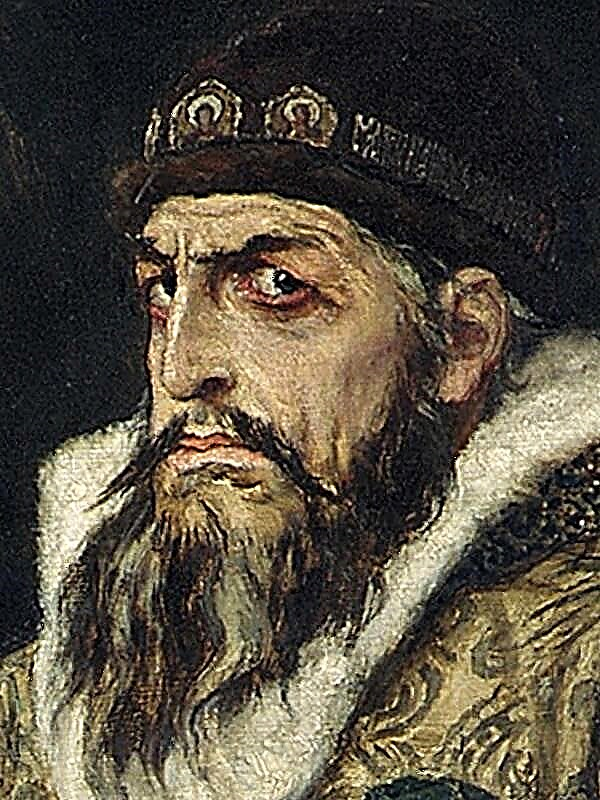
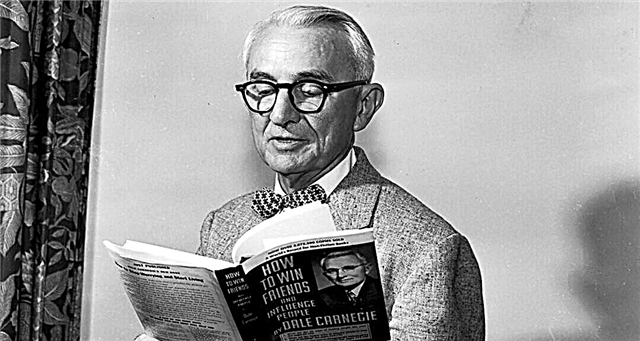 How to make friends
How to make friends